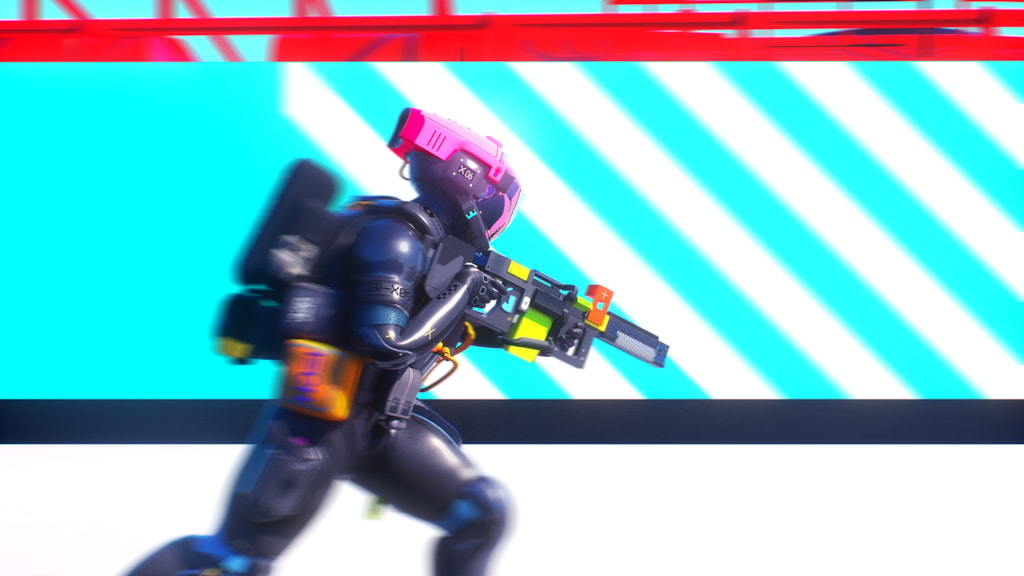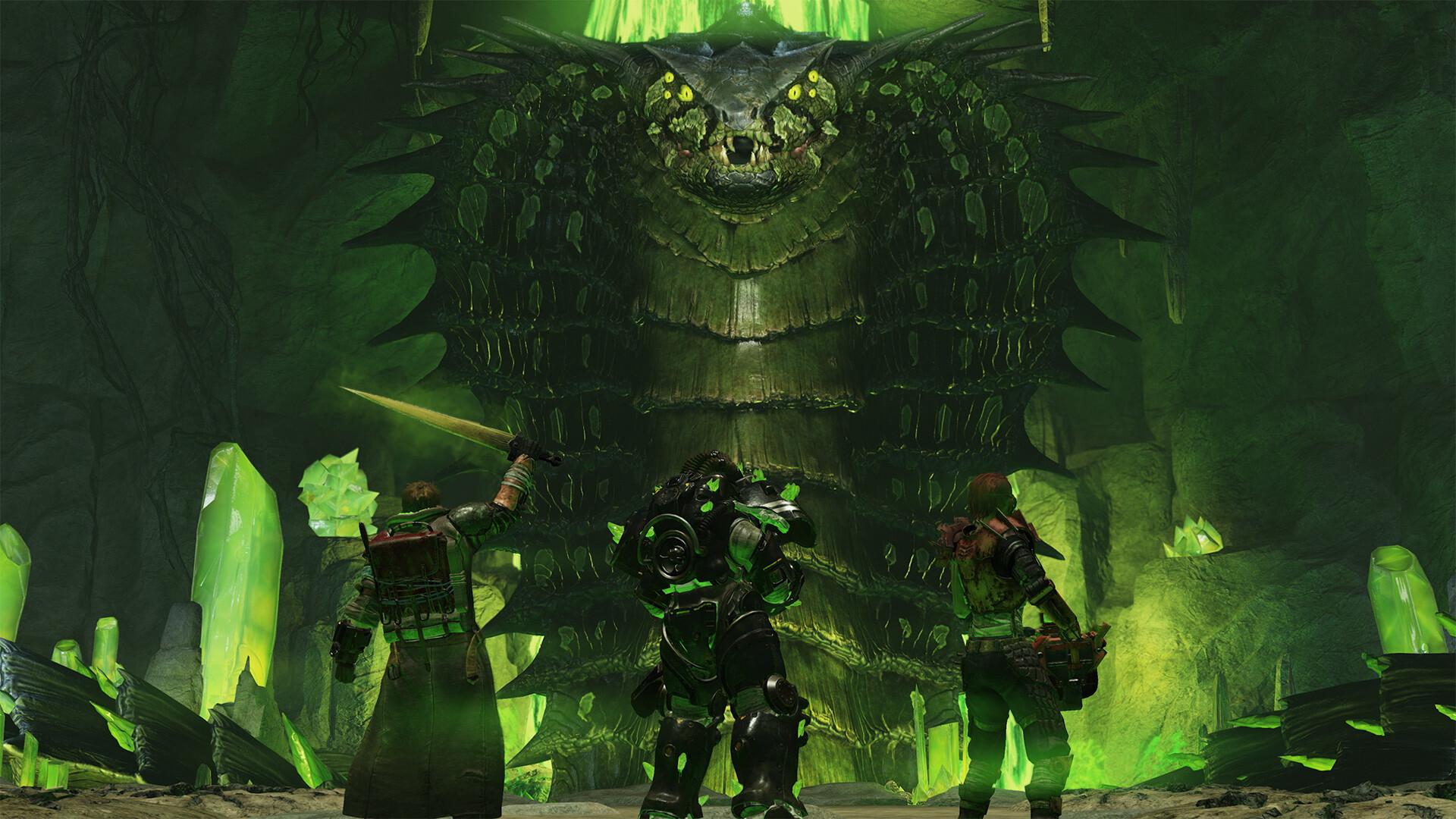
Breathe Review
Building a post-apocalyptic future on a budget takes imagination, or at least resourcefulness. If nothing else, the pared-down science-fiction thriller Breathe has plenty of the latter. It’s set in 2039, after pollution has rendered the air on Earth mostly toxic, sending large portions of the planet’s population to an early grave and placing the rest at the mercy of gas masks and oxygen tanks. While a few reasonably convincing establishing shots of a crumbling New York City help set the doomsday mood, the world-building is mostly a suggestive tint: Through filters and color correction, the filmmakers give their Brooklyn backdrop a sickly orange – the same hue of contamination that bathes stretches of Fallout’s nuclear wasteland and the Las Vegas of a much more expensive sci-fi movie set exactly a decade later. You want to cough just looking at it.
If that unnatural dustbowl shade doesn’t immediately plunge you forward in time, the casting should. Turns out that Quvenzhané Wallis, a.k.a. the little girl from Beasts of the Southern Wild, is now in her 20s – a revelation sure to leave some viewers feeling as old and dilapidated as Breathe’s NYC skyline. Wallis plays Zora, the tinkering teenage offspring of scientist Darius (Common) and his no-nonsense wife, Maya (Jennifer Hudson). The three live together in a Brooklyn bunker, staying alive thanks to a high-tech filtration system.
For better and worse, the storytelling is as economical as the production design. At first, that seems like purely a blessing. We’re spared, at least, any unnecessary exposition, as screenwriter Doug Simon and director Stefon Bristol (See You Yesterday) simply reach the natural, probable conclusion that the world will end up literally choking on its environmental mistakes. The opening runtime is better spent on getting us acquainted with the close-knit survivors. With quick brushstrokes of sensitivity – and the mood-setting hum of John Coltrane on the record player – the filmmakers paint an oasis of warmth and affection at the end of the world. We’ve only just met these folks, but we feel the loss when Darius treks into the poisoned outdoors to bury his dead dad, disappearing from the movie and the lives of his wife and child.
Breathe works best as a clash of needs and uncertain motives. The main plot unfolds months after Darius’ departure, when Maya and Zora – having mostly given up on ever seeing him again – face a threat to their sanctuary. It comes in the form of Tess (Milla Jovovich), Lucas (Sam Worthington), and Micah (Raúl Castillo), who have traveled from Philadelphia in search of answers to their own encampment’s dwindling oxygen supply. The movie withholds certain pieces of key information from both the audience and some of the characters, and then builds the increasingly tense standoff between the two parties around those. Tess claims to have worked with Darius in the before times, which is how she knows about the bunker, but Maya has never heard of her. Is the stranger lying to steal their technology and safety? Or are these travelers just desperate people in need of a lifeline?
Most of the action takes place on the same block of abandoned city street, placing the at-odds survivors in each other’s crosshairs or dropping a heavy door between them. It helps that the actors are mostly top-notch – Hudson all steely distrust, Wallis tempering Zora’s fear with optimism, Worthington liberated from the bland virtuousness of his Avatar avatar. And Jovovich, no stranger to orange-hued fallen worlds, racks up the urgency from the moment her baby blues appear behind a shield of glass.
There’s the basic outline of a crackerjack thriller here, set to the ticking clock of an O2 reserve always on the wane. But Breathe could have used a few more complications and a little more clarity of message, too. As an allegory of trust and community, it’s muddled at best: COVID optics and the prominent introduction of Malcolm X’s autobiography – a gift Darius gives to Zora – beg for a larger meaning that doesn’t emerge. Perhaps Simon and Bristol are too sentimental to draw any truly withering conclusions from the tussle between these two desperate, disparate groups. Though there’s a sharp ambivalence to the setup, the kind that could leave a viewer wondering what they’d do in the situation, it eventually devolves into a cleaner binary of scrupulous and not.
As an allegory of trust and community, Breathe is muddled at best.
The “movies are too long these days” crowd may release a relieved sigh upon learning that Breathe runs a cool 93 minutes. Certainly, no one could accuse the film of wasting much of their precious time. But there’s a fine line between efficiency and skimpiness, and by the end of this very brisk hour and a half, it’s the drama that’s started to look rather asphyxiated. Plenty of sci-fi movies overstay their welcome luxuriating in a fancifully conceived future. This one could have used a little more room to, well, you know.








